Part 4- Commercialization (4 of 4 parts)
From May 29th to June 1st, I attended the Cannabis World Congress Expo where cannabis was everywhere. The cannabis plant was on display in the expo hall, seminars were given on how to enter the industry, and numerous cannabis infused products were on display.
From candies to coffee to terpenes to salves and supplements, the product possibilities were endless.






For me, it was like a dream. I love cannabis. I’ve used the plant for years to help with insomnia, anxiety, and even physical pain.
As a black woman I’ve been so ashamed to admit that due to decades of stigma and criminalization (read parts 1, 2, and 3 here).
Everything was nearly perfect except the conference was dominated by white men in suits. Nearly everyone spoke of cannabis as though it’s only existed for the past 6 years when the industry began.
There were very few people like the Minorities for Medical Marijuana, one journalist, and a few patrons who were seeking actionable measures for cannabis equity, like me.
It felt like a huge symbol of erasure.
Once I attended the expo, I began to see CBD all over the city. From Brooklyn to the Lower East Side to creeping up in Harlem, the dreaded 3 letters were haunting me. The patrons? Similar to those of the conference: white, wealthy, privileged, mostly male.
Rather than letting it bring me down, it fueled me to fully develop this piece from the rant it had been in my notebook.
I want you to keep in mind the millions of black and Latino people who are still sitting in jail for simply using cannabis too. At what price does your relief come at?
If you must buy CBD because it really gives you all your life, I suggest you buy products from companies owned by black and brown people.
There are women of color owned companies like Homebody, Apothecarry, Dashuri, Kannai, Elio CBD, and Dehiya Beauty SkinCare that provide cannabis-derived products and accessories. Lead by intersectional feminists, these revolutionary brands also support prison reform for those convicted for marijuana usage, sale, and possession.
Additionally, there are collectives like Cannaclusive, Green Goddess Glow, People of Cannabis, Minorities for Medical Marijuana, and many more that are doing necessary work to make the commercial cannabis industry more equitable.
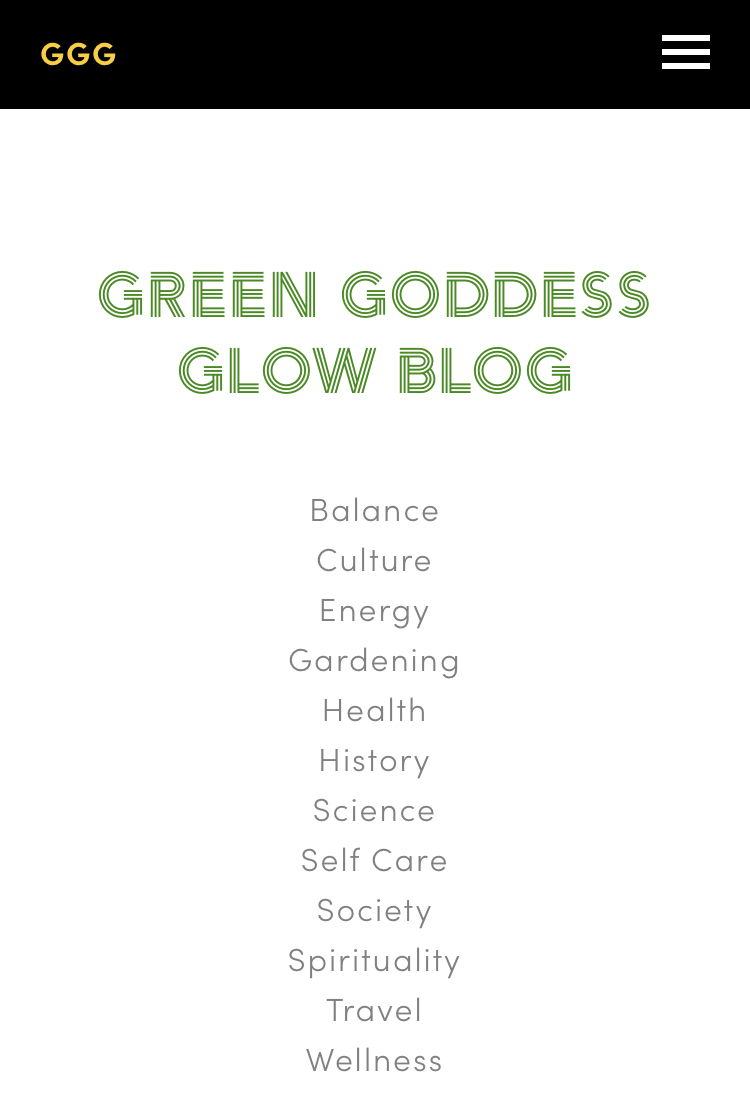
As people of color, we have been the users of this plant medicine for centuries dating back to our ancestral homelands, we cannot let modern American society erase that.
Supporting black and brown-owned companies in the cannabis industry is is just one of many steps needed to grant justice to communities of color after decades of exploitation, imprisonment, and demonization.
It’s not perfect, but it’s pretty great place to start.
PS. If you are seeking more information, here is a list of 10 black owned cannabis companies and dispensaries that are committed to fighting the good fight.


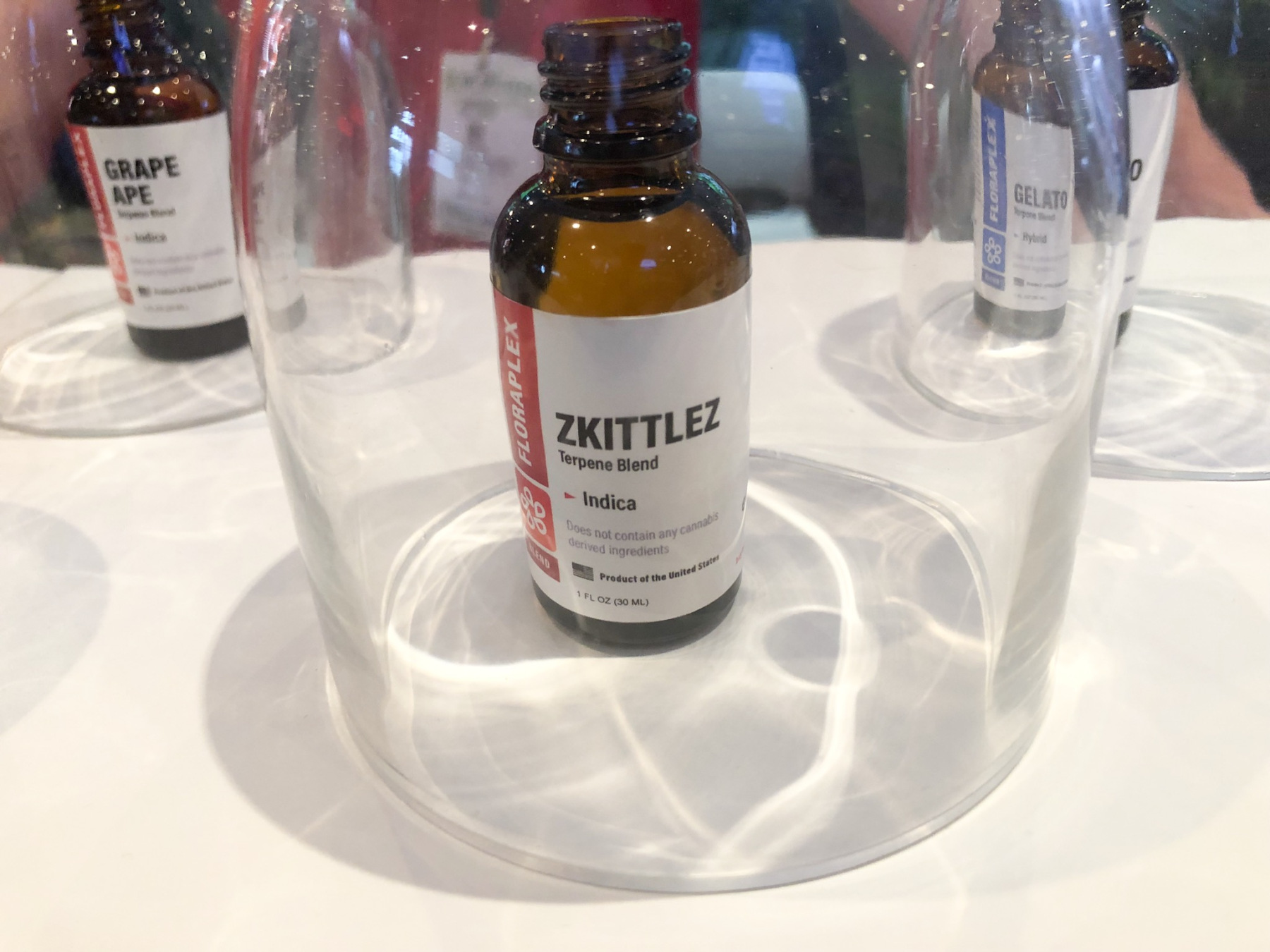
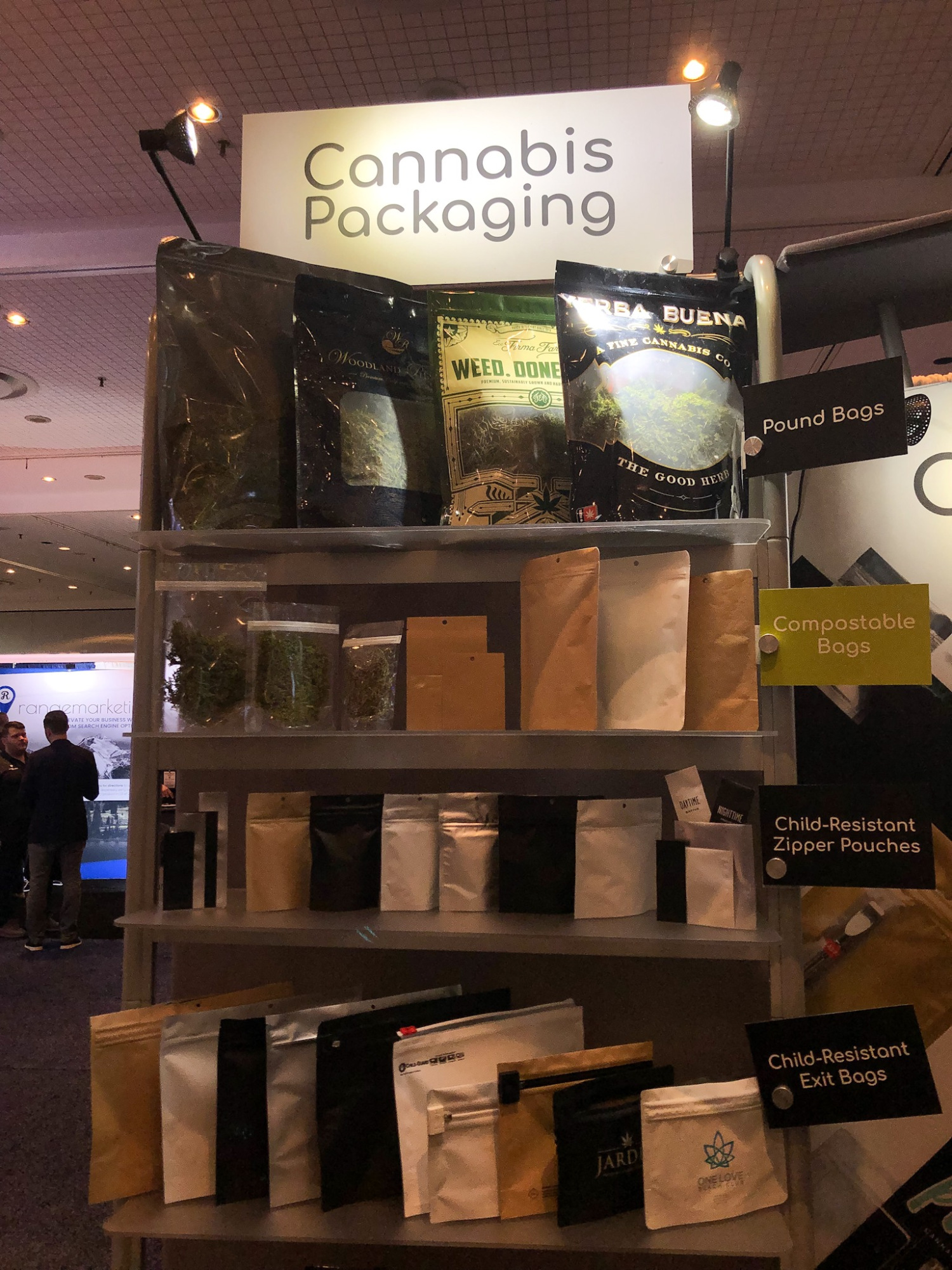

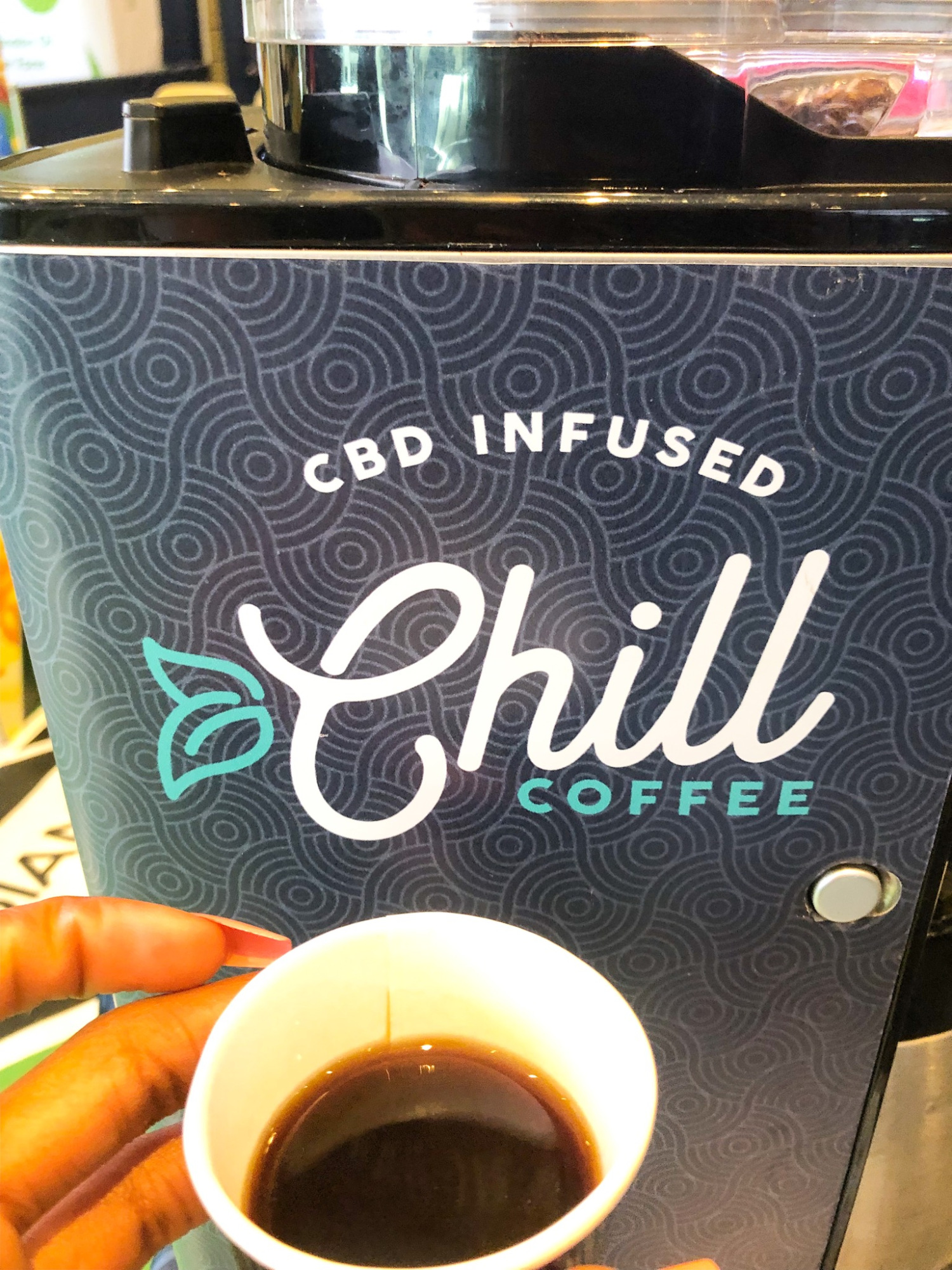
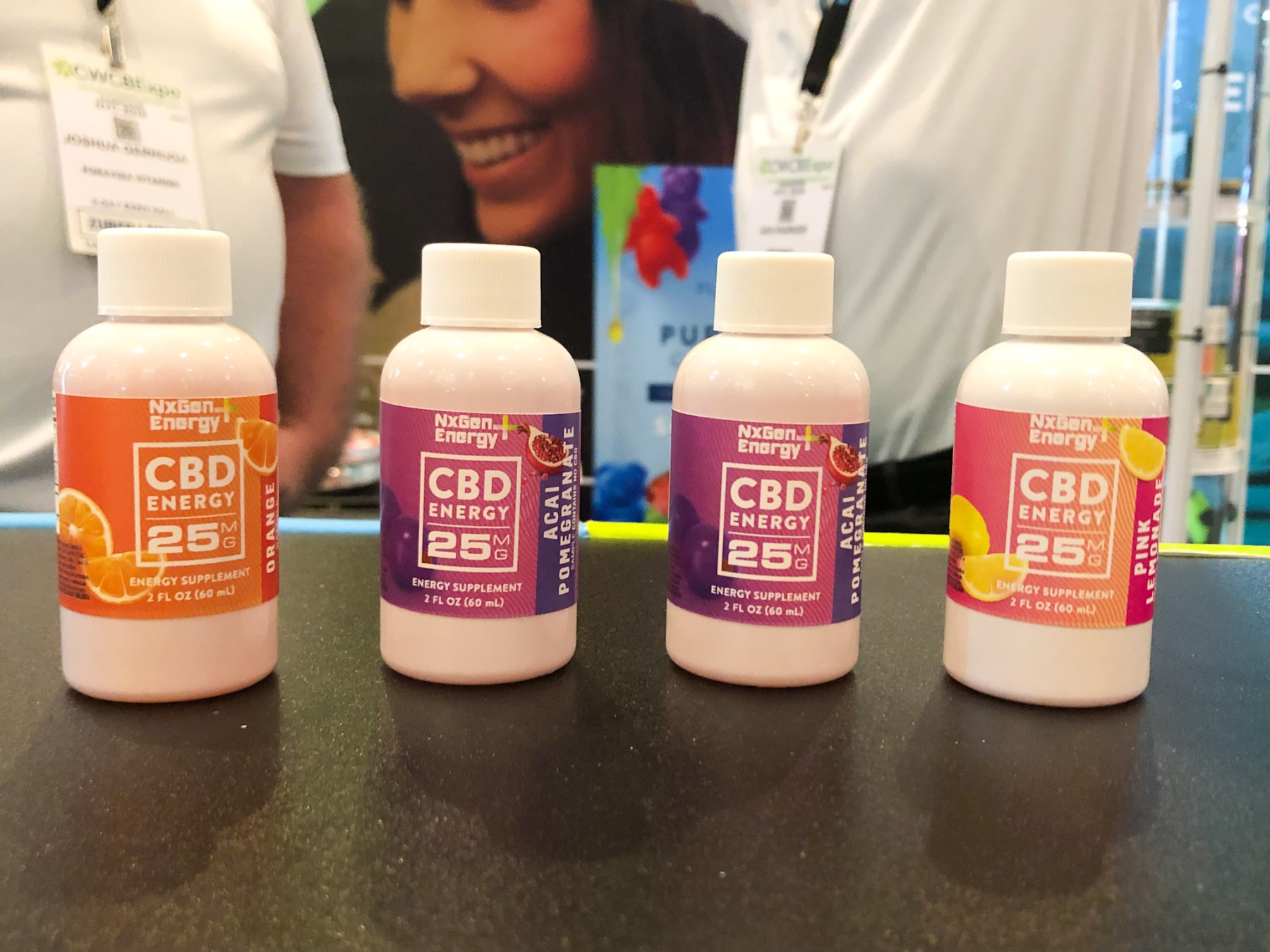
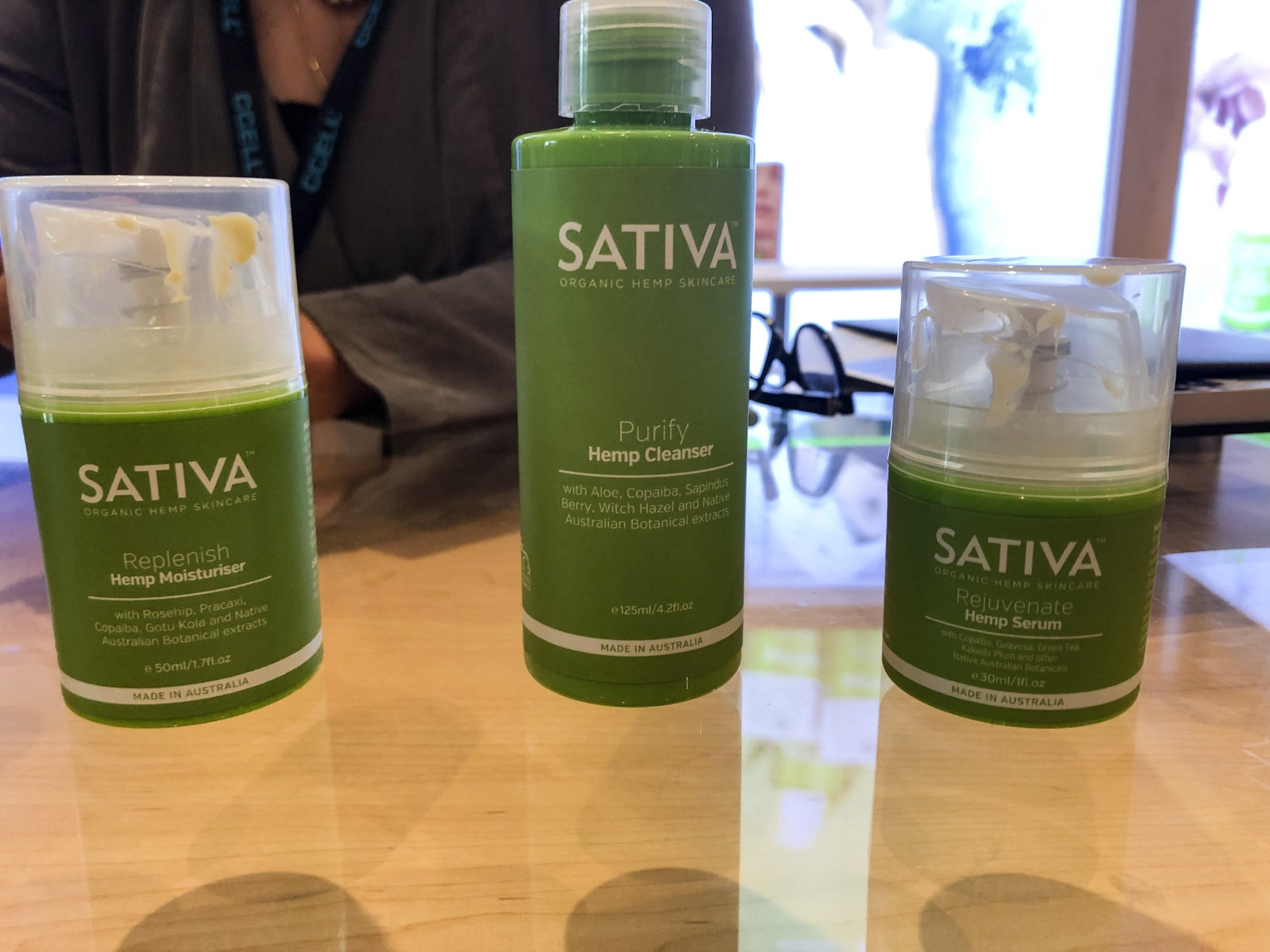
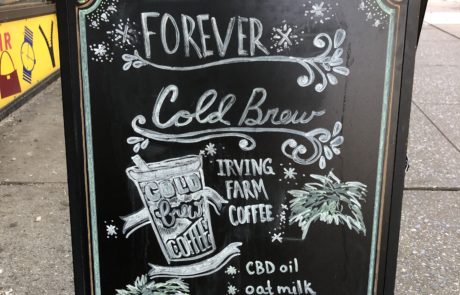
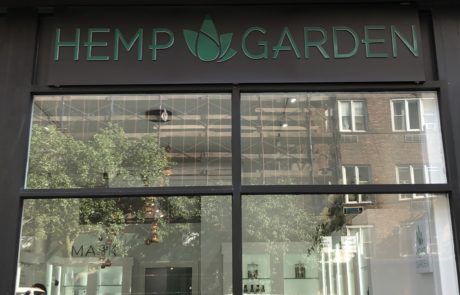
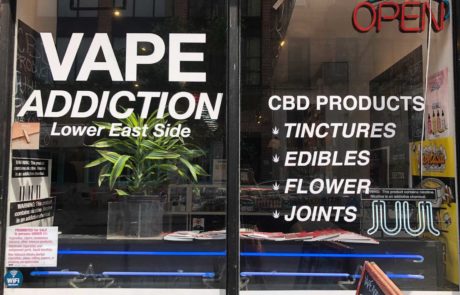
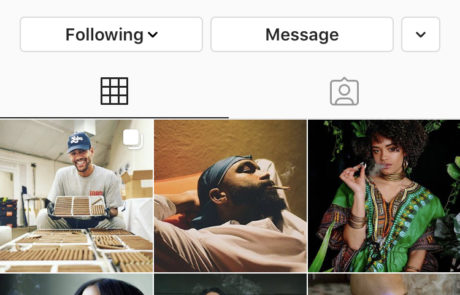
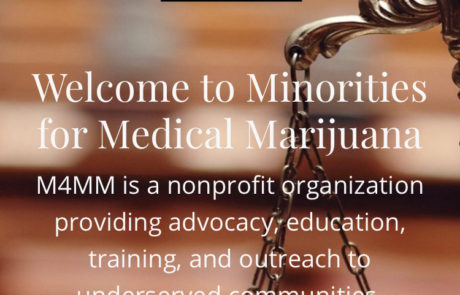
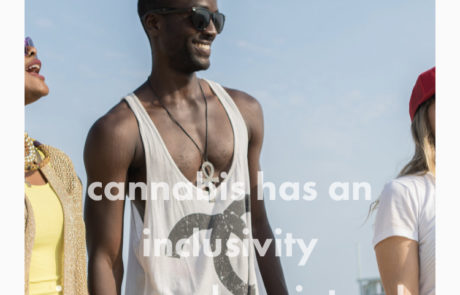

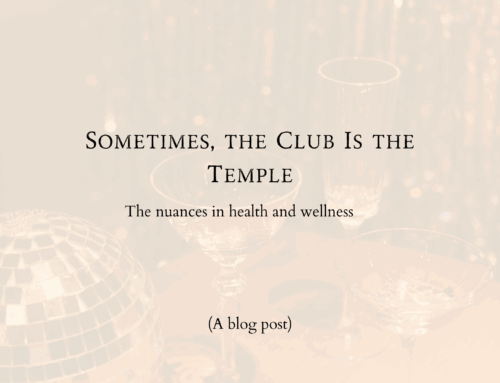
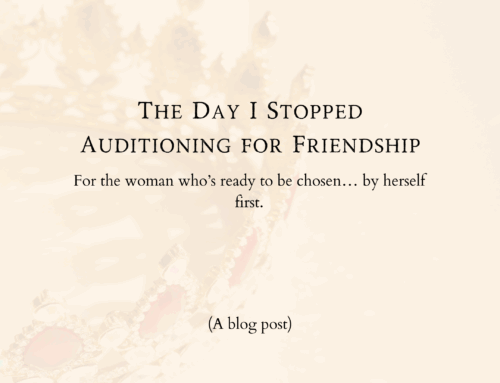

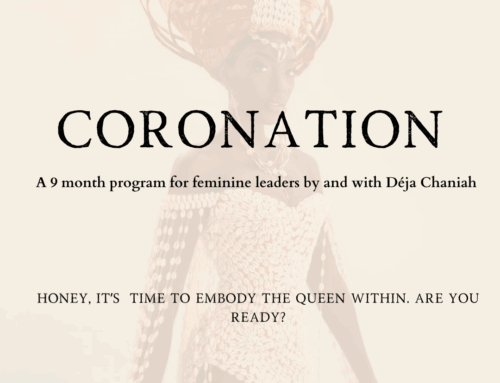
Leave A Comment